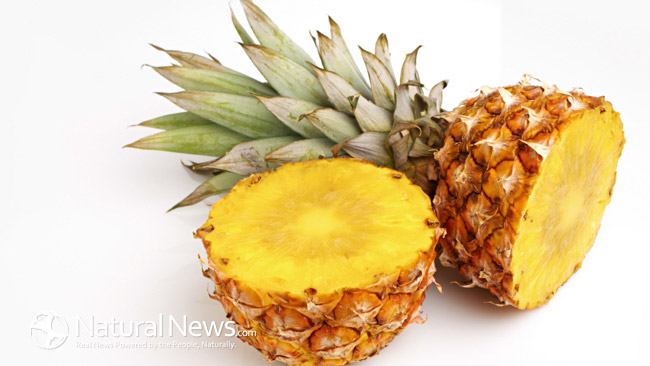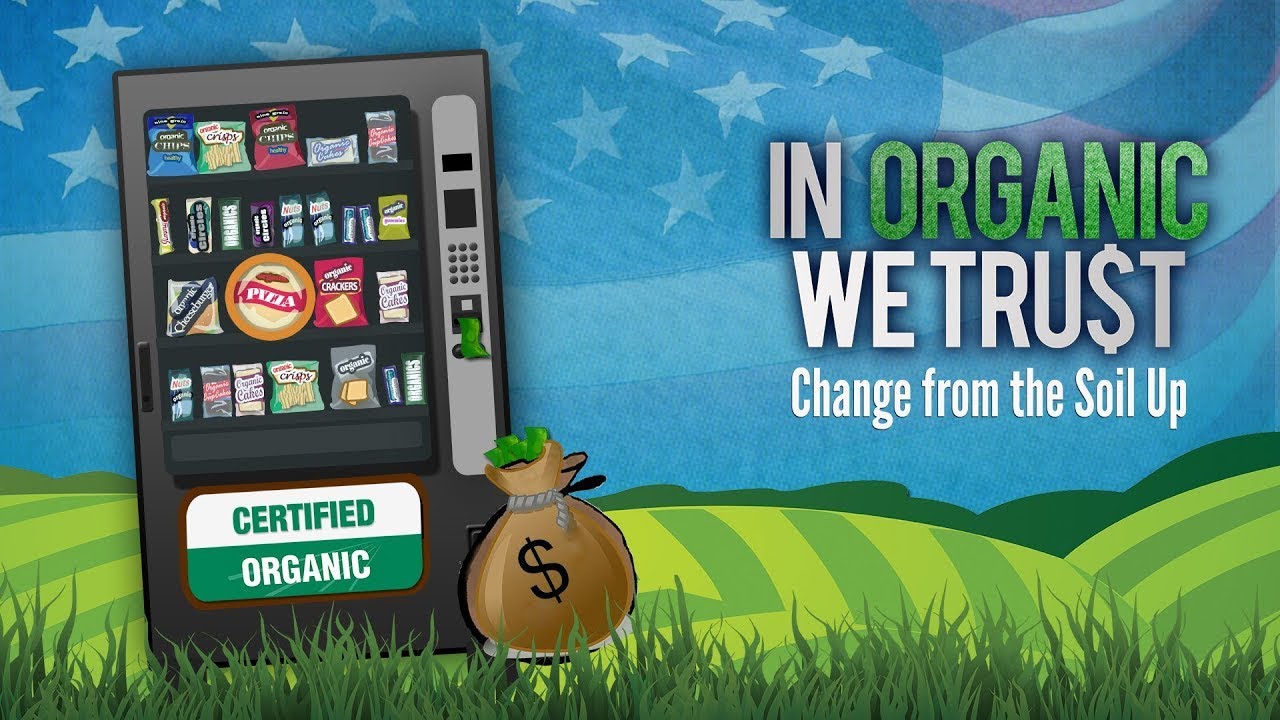Pineapple is a tropical fruit many enjoy fresh, canned, or frozen either as a meal or snack or even in a beverage form. This yellow fruit is tasty and has many benefits for consuming it. Nutritionally speaking, pineapple is part of a healthy diet but of course not to be eaten in excess. It’s always better when eaten fresh, but if you are having it canned, make sure it is the type stored in its own juices rather than other syrups to avoid added sugars.
This colorful fruit is loaded with B vitamins, vitamin C, manganese, and fiber. Vitamin C is the standout nutrient with one cup of pineapple contains 78.9 milligrams (mg). This is great, especially for women since the recommended dietary allowance for women is 75 mg per day and 90 mg per day for men. We all need vitamin C for growth, healing, and to help absorb iron. It is also packed with antioxidants to include vitamin C, phenolics, and flavonoids. Obtaining antioxidants from our diet can ward of the risk of type 2 diabetes, heart disease, and Alzheimer’s disease. The body is better able to fight off free radicals with the help of antioxidants which can reduce the likelihood of abnormal cells causing problems in the body. Abnormal cells are what lead to cancer.
Another reason to eat pineapple is because of its digestive support. It contains bromelain which is a key helper with digestion. Bromelain are enzymes help our body reduce inflammation and swelling, so this is good for healing wounds too. Central and South American countries treat digestive disorders with bromelain. One cup of pineapple also has 2.3 grams of fiber. Eating healthy foods that contain properties that aid the body in digestion can contribute to weight loss when combined with a health lifestyle.
Pineapple also has a great reputation for being a top source of manganese. We need manganese for bone health, especially to keep osteoporosis away. It is good for bone mineral density. One cup of pineapple has 76% of the recommended daily value of manganese we need.
Fruit does contain fructose which is sugar, but again, when eaten in moderation and part of an overall healthy diet, we benefit from fruit’s nutritional properties. Eating whole foods is always the best source to obtain the vitamin and minerals we need, versus supplementation. Pineapple does taste good and it’s good for you. However you like it, fresh, canned, frozen, sliced, chunks, or in a drink,, pineapple is on the list of foods the body appreciates.
Pineapple – an overview | ScienceDirect Topics
Full article: Composition, enzyme and antioxidant activities of pineapple (tandfonline.com)



